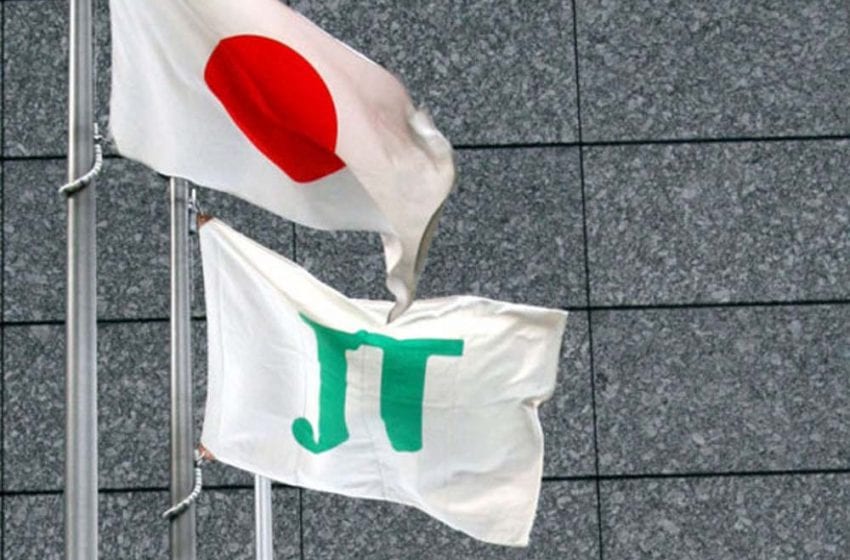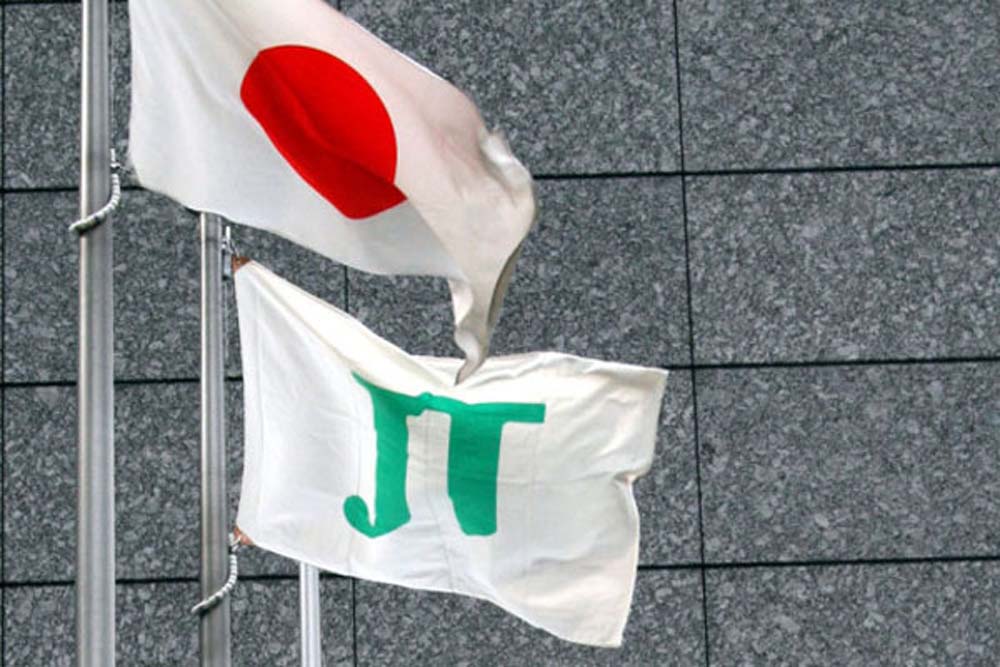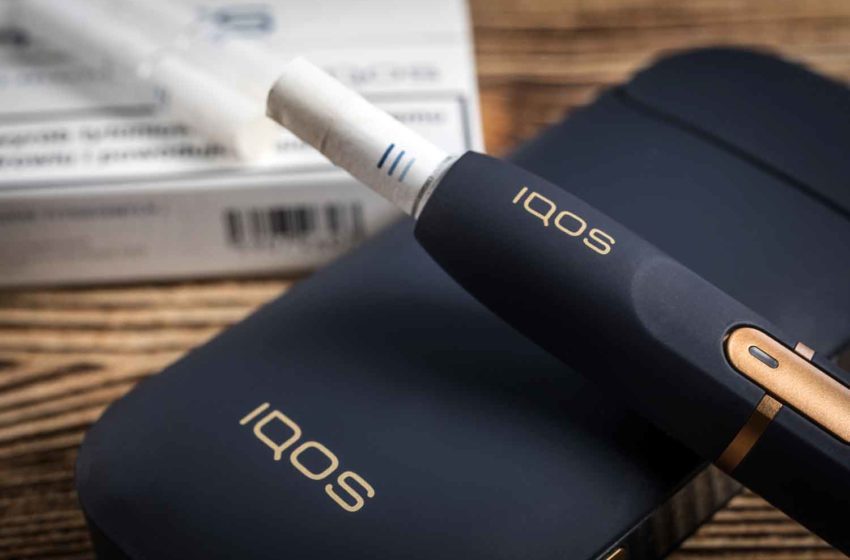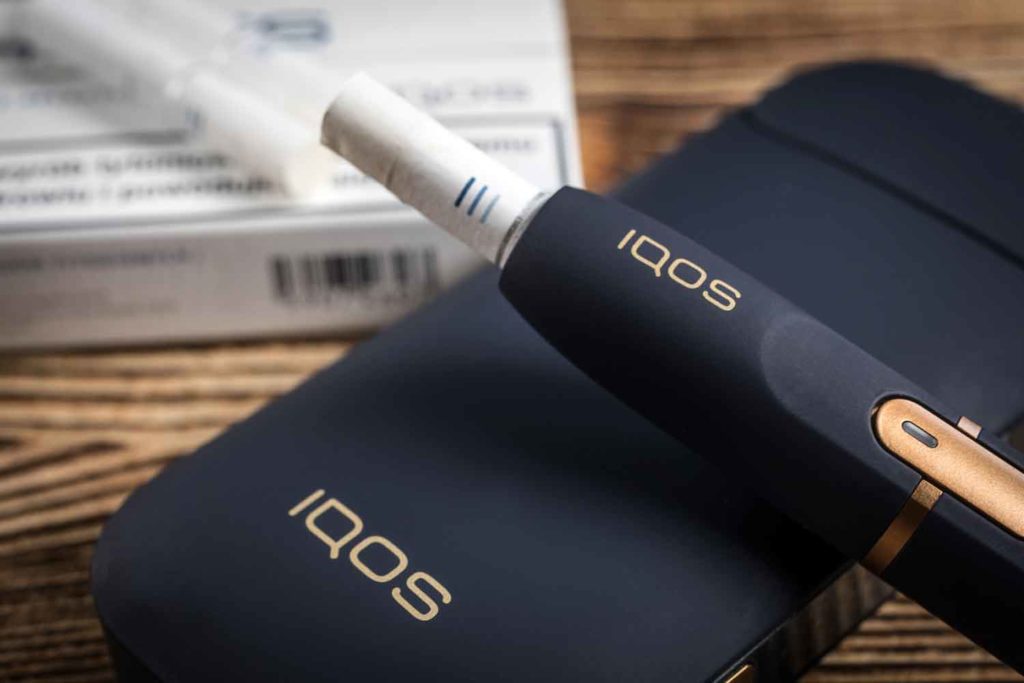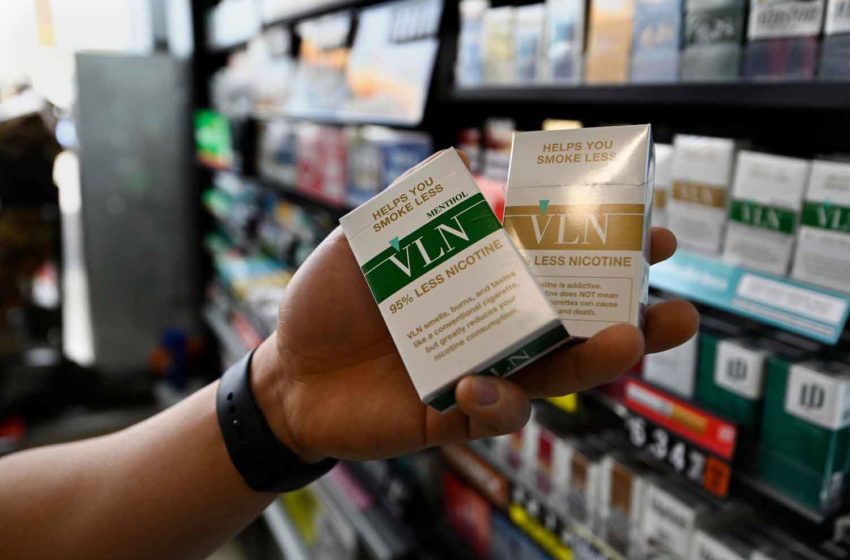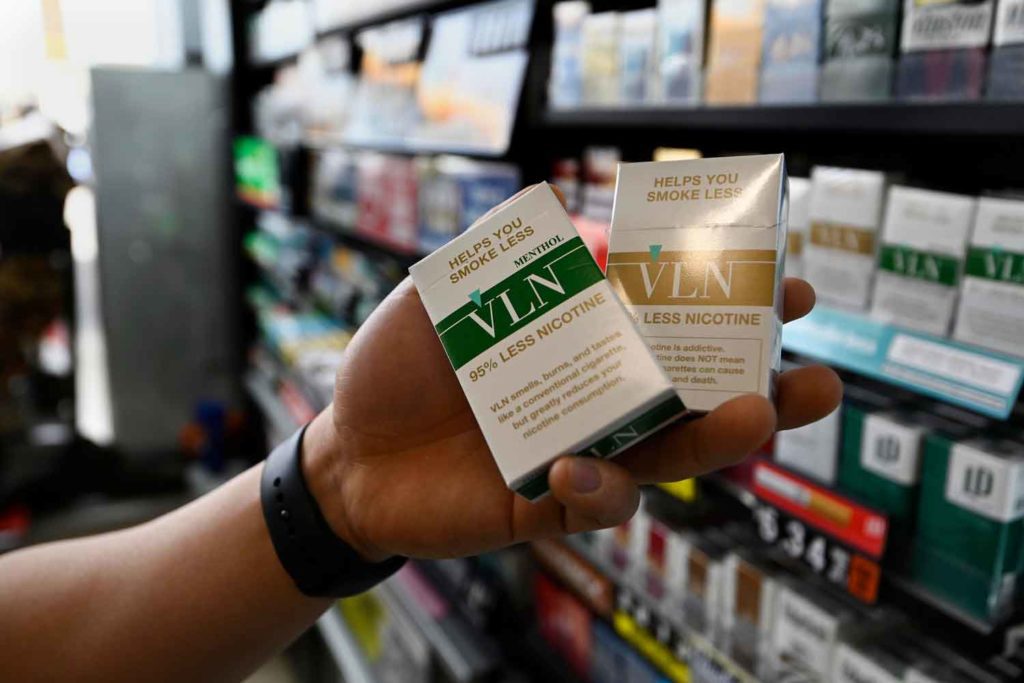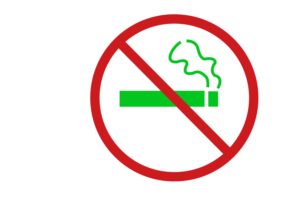
The U.S. Fifth Circuit Court of Appeals has granted Triton Distribution’s petition for a rehearing of its appeal of the Food and Drug Administration’s marketing denial orders (MDOs) for the company’s flavored e-liquids, reports Vaping360. The original Fifth Circuit panel denied Triton’s appeal in July 2022.
The decision to rehear the case means the original decision against Triton and its sister company, Vapetasia, is vacated, and the case will be decided by a panel of all active Fifth Circuit judges.
The court will set a schedule for supplemental briefs to be filed and eventually could set a date for oral arguments.
In contesting its MDO, Triton argued that the FDA retroactively changed the requirements for premarket tobacco product applications.
“By imposing a new, across-the-board requirement that flavored ENDS [electronic nicotine-delivery systems] products be demonstrably more effective at promoting smoking cessation than otherwise identical tobacco-flavored products, FDA acted contrary to its authority under Section 910 of the Food, Drug and Cosmetic Act (FDCA), 21 U.S.C. § 387j, and not in accordance with law,” Triton wrote at the time.
In October 2021, another Fifth Circuit panel stayed Triton’s MDO, calling the FDA’s imposition of new evidentiary standards for vape industry applicants a “surprise switcheroo” and ruling that the Triton appeal was likely to succeed on the merits of its case.
Texas-based Triton Distribution manufactures e-liquid under its own brand names and under contract for other manufacturers. Among the brands included in Triton’s MDO were Suicide Bunny, Boiler Maker, Vape Hooligan, Chewy Clouds and Teleos.





